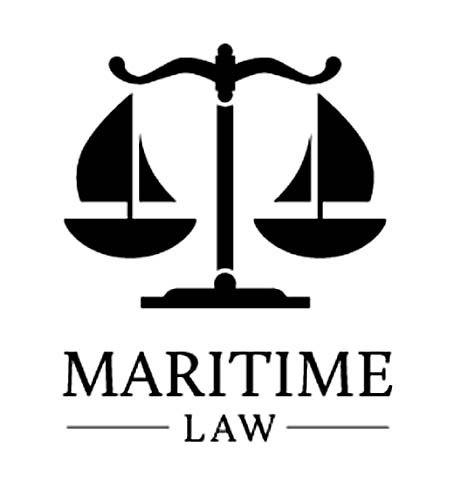What is a “magic pipe” in shipboard terminology? It has nothing to do with illusionists or entertainers working aboard cruise ships. Nor does it have anything to do with hiding illegal substances in coils of copper tubing in a cargo ship’s hold. Nor does the term involve any connection to the era of Woodstock and psychedelic journeys of enlightenment. The term “magic pipe” has more to do with the signage we see prominently displayed on vessels, warning against the illegal discharge of garbage or oil overboard.

We know these placards from MARPOL and other oil pollution regs. The wording in the message usually reads something like this: “Discharge of all garbage into the sea is prohibited except when specifically allowed,” or “Discharge of oil prohibited.” Despite their whimsical name, the unfortunate thing about “magic pipes” is that they are malevolent, their purpose being to circumvent environmental safeguards. “Magic Pipes” generally consist of a section of pipe or hose that shipboard personnel on larger vessels use to directly pump oily waste overboard, while by-passing shipboard oily water separators.
Oily water separators are used in the machinery spaces of larger vessels to separate oil from bilge water and other waste streams before discharge overboard. The idea is a good one. But in reality, as vessels become older, they develop maintenance issues, their machinery leaks more, and there are higher costs in the proper operation of these oily water separators.
As one might imagine, the Department of Justice and the Coast Guard take such violations seriously. This was recently demonstrated in a prosecution involving a bulk carrier that employed such a “magic pipe” in the form of a portable pump and flexible hose to avoid using appropriate pollution control equipment. Other forms of “magic pipes” can include rigid and fixed lengths of pipe, also having the common goal of circumventing the “troublesome” issues of using the separator.
When the bulk carrier arrived in New Orleans in February 2024, the Coast Guard conducted an inspection. In addition to its pollution control equipment, Coast Guard personnel reviewed the vessel’s Oil Record Books. In his plea, the bulk carrier’s chief engineer acknowledged turning the books over to Coast Guard inspectors while knowing the books contained false entries and had omitted information about pumping oily bilge water directly overboard before arrival in U.S. waters. The fraudulent records had been intended to hide the fact that the vessel had been discharging oily water directly from the bilge holding tank without complying with international treaties governing oil pollution from ships.
The Department of Justice announced that the chief engineer of the bulk carrier pleaded guilty to violating APPS (the Act to Prevent Pollution from Ships) and for obstructing proceedings. He was sentenced to 3 months in prison, 3 years of supervised release, as well as a $200 mandatory special assessment fee.
Vessel interests were also prosecuted in this matter. The two companies that owned and operated the bulk carrier pleaded guilty to APPS, as well as obstruction of justice involving false entries in the ship’s Oil Record Book.
Obstruction of justice is a broad legal heading that can cover various actions that interfere with investigations or prosecutions. As a general matter, obstruction of justice could include giving false information to law enforcement, hiding records, falsifying records, destroying evidence, trying to influence witnesses and jurors, and other unlawful acts.
According to the terms of the court-approved plea deal, the companies were fined a total of $1.85 million. Additionally, they were banned from operating in the United States in the future. In addition to violating the Act to Prevent Pollution from Ships, the actions here were also violations of MARPOL, the International Convention for the Prevention of Pollution from Ships. While authorities have various assets for catching violators, from aerial surveillance to traditional boarding, some ships are caught in the act through the whistleblowing actions of crewmembers.
Such enforcement measures can often involve teamwork between several government agencies. Here, the Coast Guard Investigative Service and the EPA Criminal Investigations Division were assisted by U.S. Coast Guard Sector New Orleans in their investigation of the matter.
Ref: U.S. Department of Justice
Tim is a NY-based maritime attorney and has taught law at SUNY Maritime College. Erol is a graduate of CUNY School of Law and Farmingdale State College.
